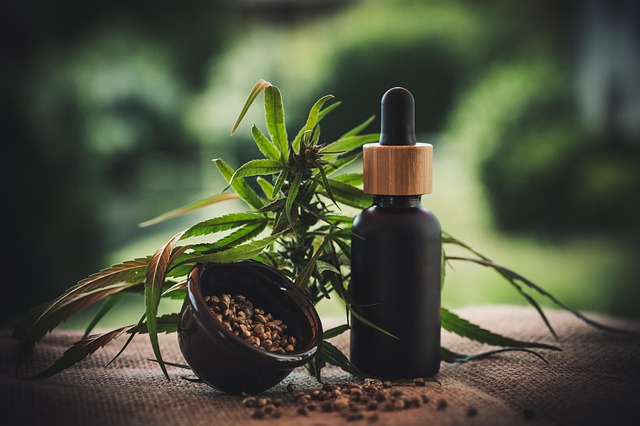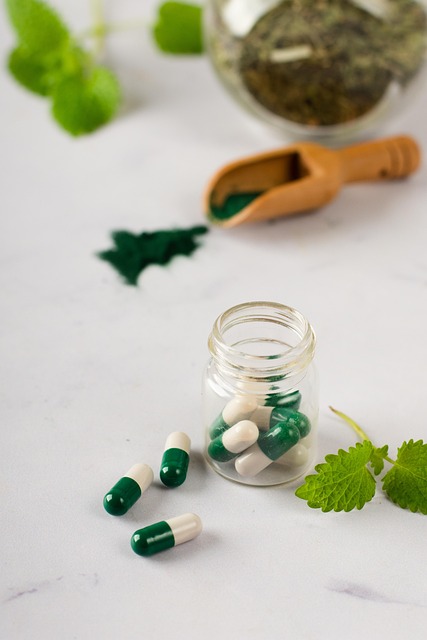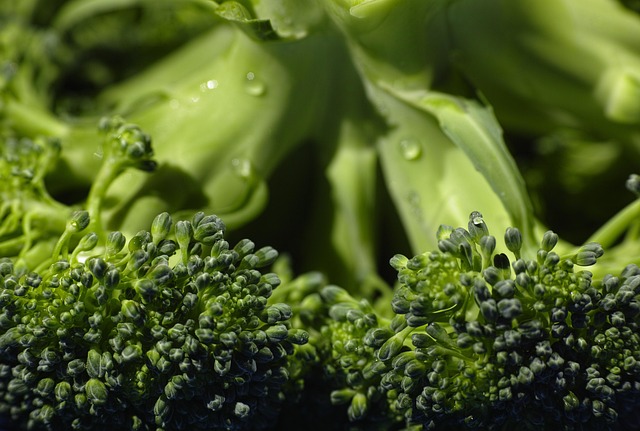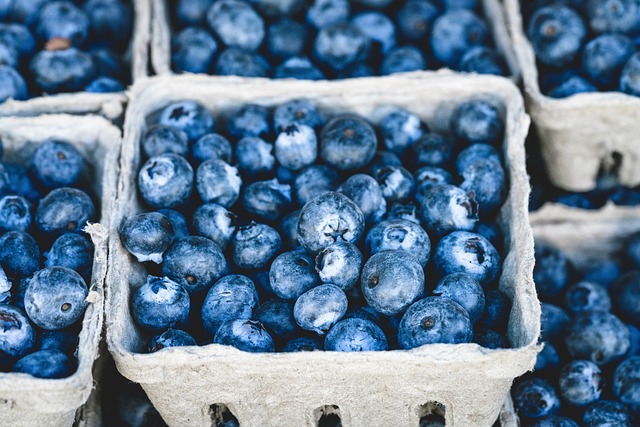In recent years, there has been a growing interest in natural remedies as an alternative or complementary approach to conventional medicine, especially for children. Parents often turn to herbal teas, essential oils, dietary supplements, and homeopathic treatments in the hope of avoiding pharmaceuticals or addressing health concerns more holistically. While natural remedies can offer certain benefits, they also come with potential risks that must be carefully considered. In this article, we’ll explore the advantages and drawbacks of using natural remedies for children, along with practical guidelines for safe and informed use.
What Are Natural Remedies?
Natural remedies encompass a wide range of non-pharmaceutical treatments derived from plants, minerals, or other natural sources. Examples include:
- Herbal supplements (e.g., chamomile, echinacea, elderberry).
- Essential oils (e.g., lavender, peppermint, eucalyptus).
- Homeopathic remedies (e.g., arnica, oscillococcinum).
- Dietary changes or supplements (e.g., probiotics, omega-3 fatty acids).
These remedies are often perceived as “gentler” or “safer” than prescription medications, but their safety and efficacy depend on proper usage and individual circumstances.
Benefits of Natural Remedies for Children
1. Fewer Side Effects
Many parents choose natural remedies because they believe they have fewer side effects compared to synthetic drugs. For example:
- Chamomile tea may soothe upset stomachs without causing drowsiness or dependency.
- Probiotics can support gut health without the gastrointestinal discomfort sometimes caused by antibiotics.
2. Holistic Approach
Natural remedies often align with a holistic philosophy that addresses the root cause of symptoms rather than merely masking them. This approach appeals to parents seeking long-term wellness solutions.
3. Accessibility and Affordability
Some natural remedies, such as honey for coughs or ginger for nausea, are widely available and affordable. They can be used at home without requiring a doctor’s visit or prescription.
4. Cultural and Historical Use
Many natural remedies have been used for centuries across various cultures, providing a sense of trust based on tradition. For instance:
- Turmeric is revered in Ayurvedic medicine for its anti-inflammatory properties.
- Peppermint oil has long been used to alleviate headaches and digestive issues.
5. Complementary Support
When used alongside conventional treatments, natural remedies can enhance overall care. For example:
- Omega-3 supplements may complement ADHD management strategies.
- Lavender oil might promote relaxation during bedtime routines.
Risks of Natural Remedies for Children
Despite their appeal, natural remedies are not without risks, particularly when used improperly or without professional guidance.
1. Lack of Regulation
Unlike pharmaceuticals, many natural products are not subject to rigorous testing or regulation by agencies like the FDA. This means:
- Potency and purity can vary between brands.
- Contaminants or undisclosed ingredients may pose health risks.
2. Potential for Allergic Reactions
Children’s immune systems are still developing, making them more susceptible to allergic reactions. For example:
- Essential oils applied topically can irritate sensitive skin.
- Herbal teas containing flowers or herbs may trigger respiratory allergies.
3. Drug Interactions
Certain natural remedies can interfere with prescription medications. For instance:
- St. John’s Wort, commonly used for mood disorders, can reduce the effectiveness of antidepressants or birth control pills.
- Echinacea may interact with immunosuppressive drugs.
4. Misdiagnosis and Delayed Treatment
Relying solely on natural remedies could delay proper diagnosis and treatment of serious conditions. For example:
- Using elderberry syrup for flu-like symptoms instead of consulting a doctor could overlook underlying infections like pneumonia.
5. Dosage Challenges
Determining appropriate dosages for children can be difficult, as most studies focus on adults. Overdosing or underdosing can lead to adverse effects or inefficacy.
6. Toxicity Concerns
Some natural substances are toxic if misused. For example:
- Essential oils like tea tree oil or wintergreen oil can be harmful if ingested.
- Certain herbs, such as pennyroyal or kava, are unsafe even in small amounts.
Guidelines for Safe Use of Natural Remedies
To minimize risks while maximizing benefits, consider the following tips:
1. Consult a Pediatrician or Specialist
Before introducing any natural remedy, discuss it with your child’s healthcare provider. They can assess potential interactions, contraindications, and suitability for your child’s specific needs.
2. Research Reputable Brands
Choose products from trusted manufacturers that adhere to quality standards. Look for third-party certifications (e.g., USP, NSF) to ensure safety and purity.
3. Start Small and Monitor Closely
Introduce one remedy at a time in minimal doses to observe how your child responds. Watch for signs of adverse reactions, such as rashes, vomiting, or behavioral changes.
4. Avoid Internal Use of Essential Oils
Essential oils should generally not be ingested by children. If using them topically, always dilute with a carrier oil and perform a patch test first.
5. Be Skeptical of Unproven Claims
Be cautious of marketing claims that sound too good to be true. Stick to remedies supported by scientific evidence or reputable medical organizations.
6. Prioritize Nutrition and Lifestyle
Often, simple lifestyle adjustments—such as improving diet, ensuring adequate sleep, and encouraging physical activity—can address many childhood ailments without the need for additional interventions.
Examples of Common Natural Remedies for Children
Here are some frequently used natural remedies and their potential uses:
| Remedy | Potential Use | Safety Notes |
|---|---|---|
| Chamomile Tea | Soothes colic, teething pain | Generally safe; avoid in children allergic to ragweed. |
| Honey | Relieves coughs | Do not give to children under 1 year due to botulism risk. |
| Probiotics | Supports gut health | Safe for most children; consult a doctor for dosage. |
| Lavender Oil | Promotes relaxation | Dilute before topical use; do not ingest. |
| Elderberry Syrup | Boosts immunity | May cause mild digestive upset in some children. |









